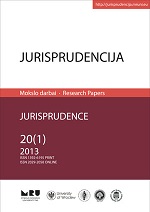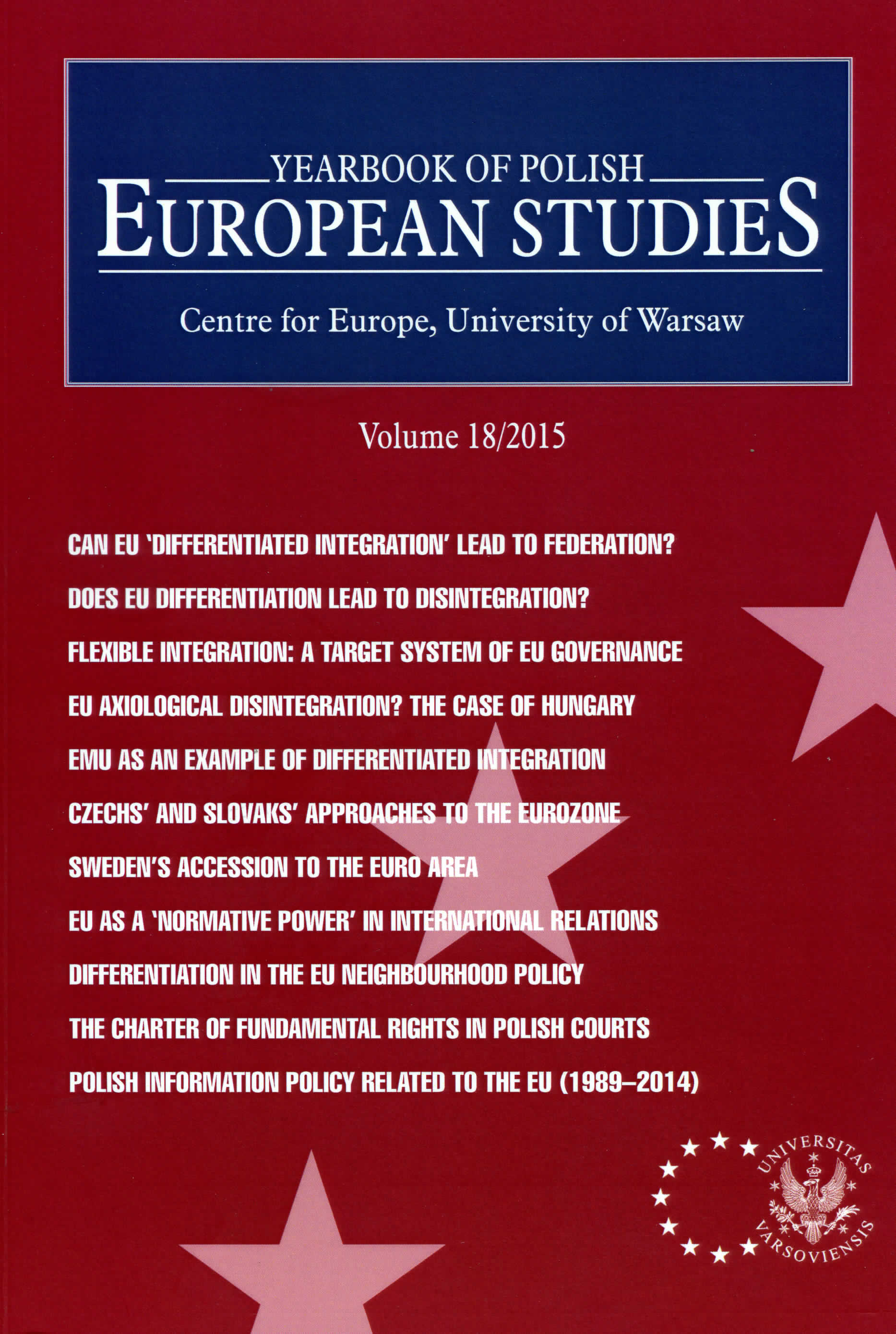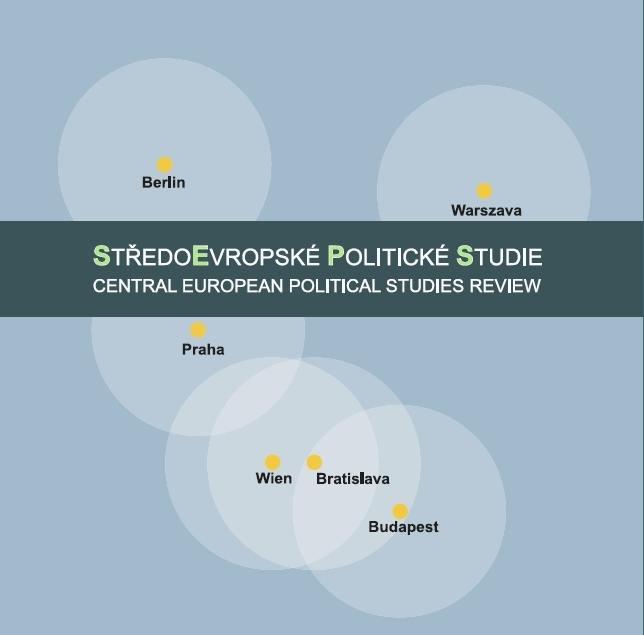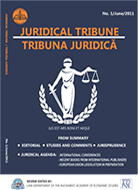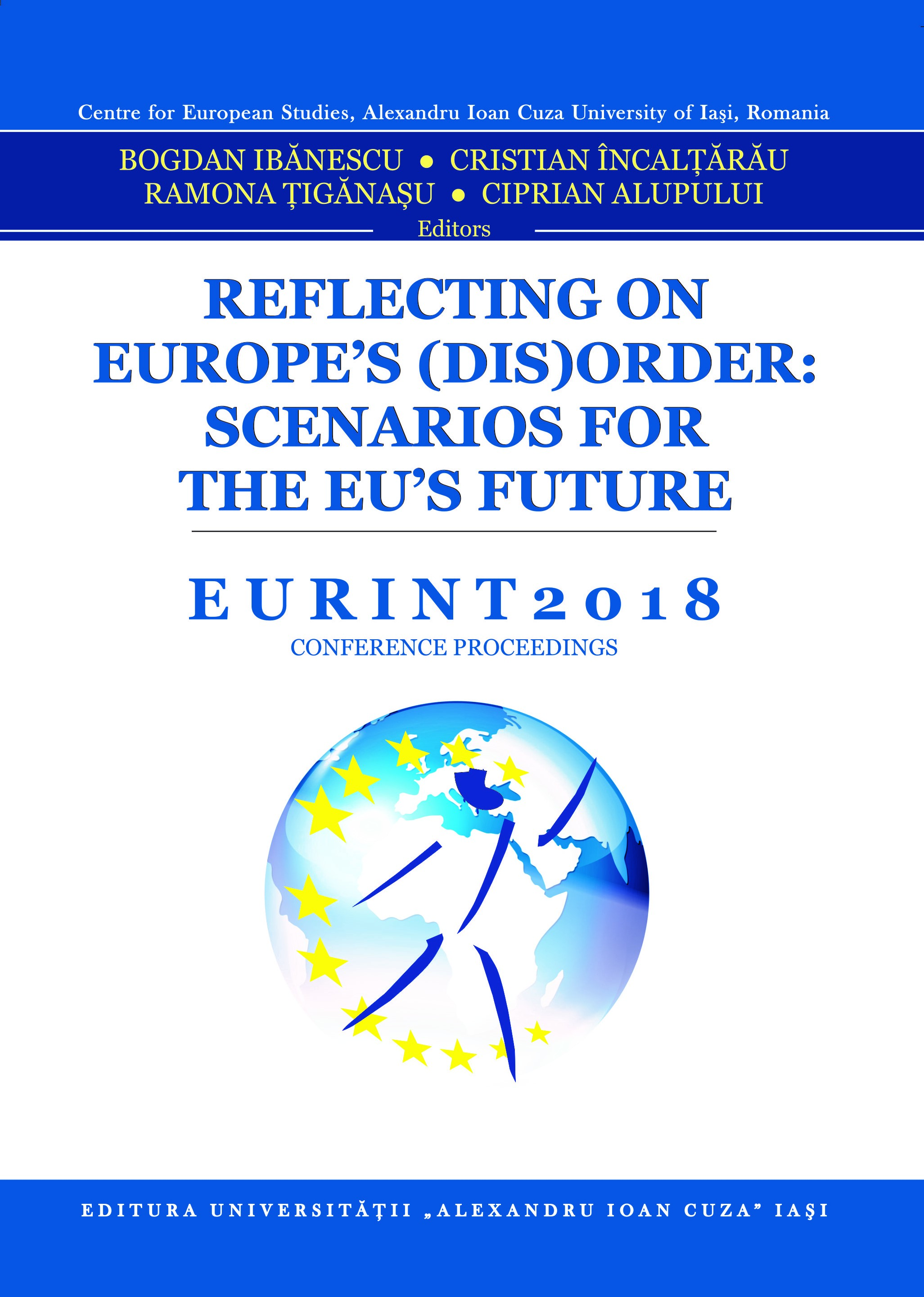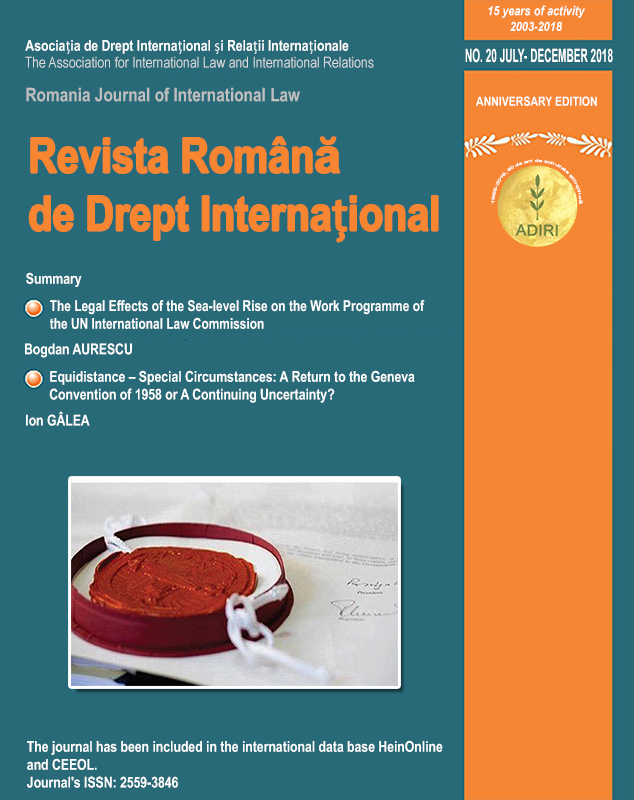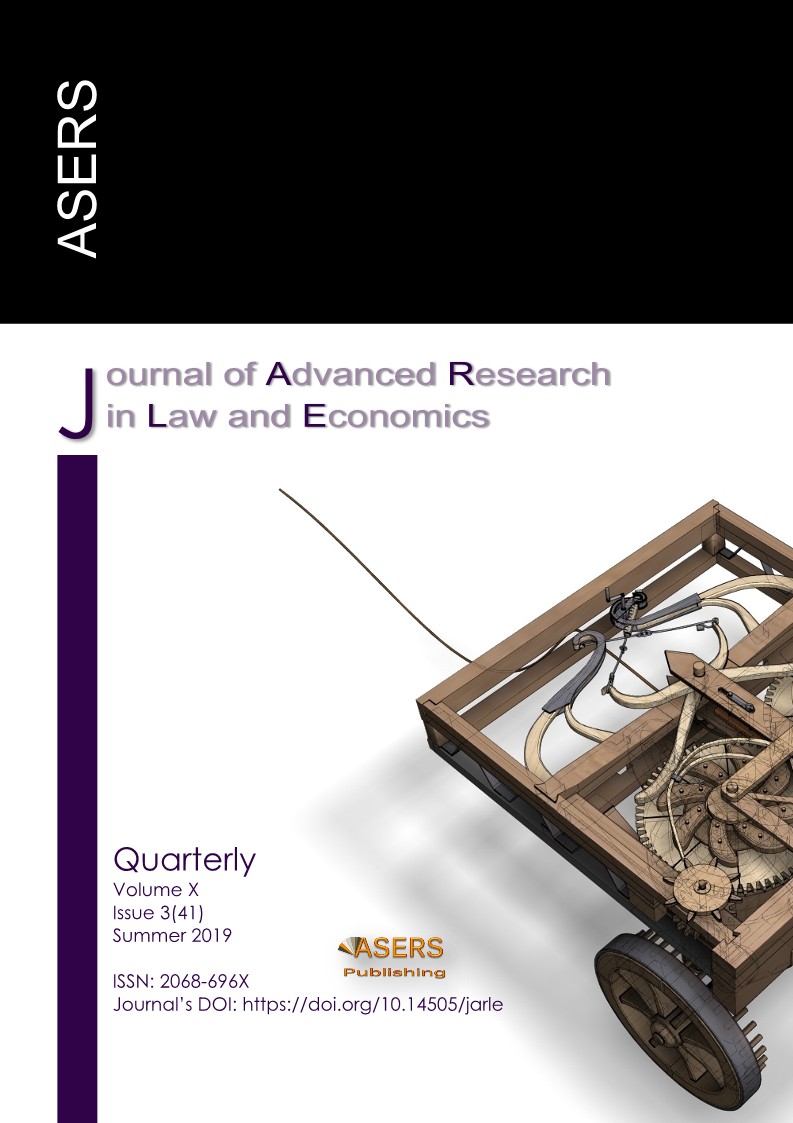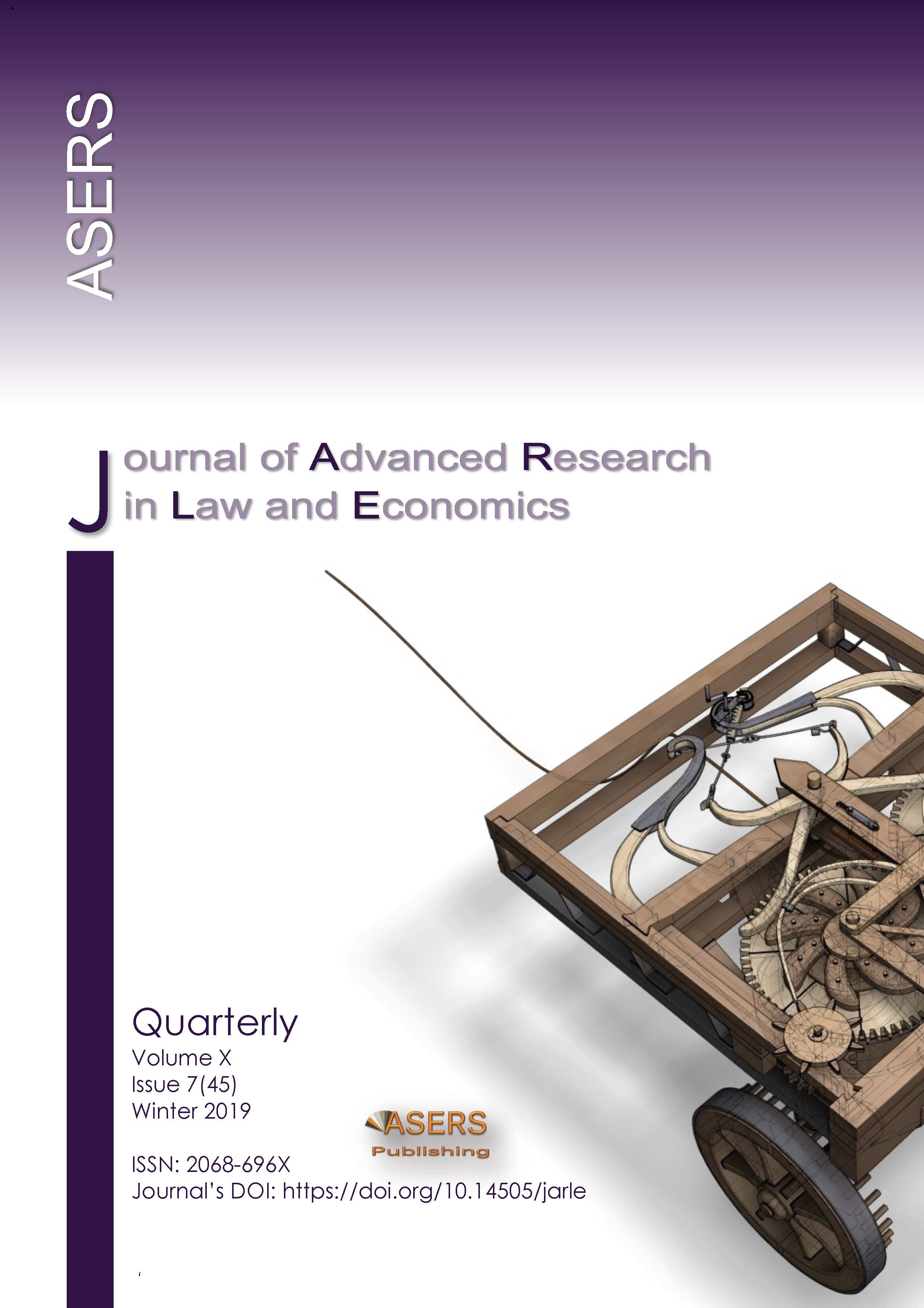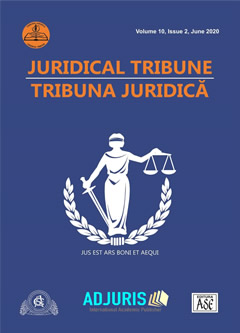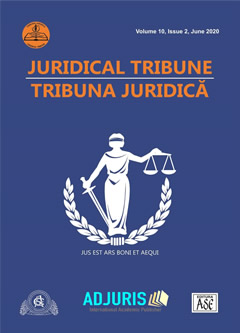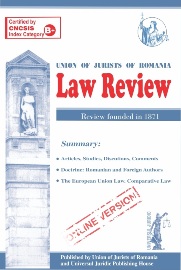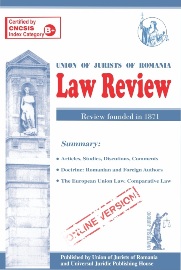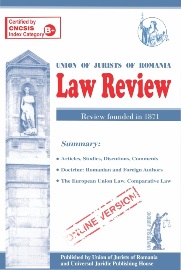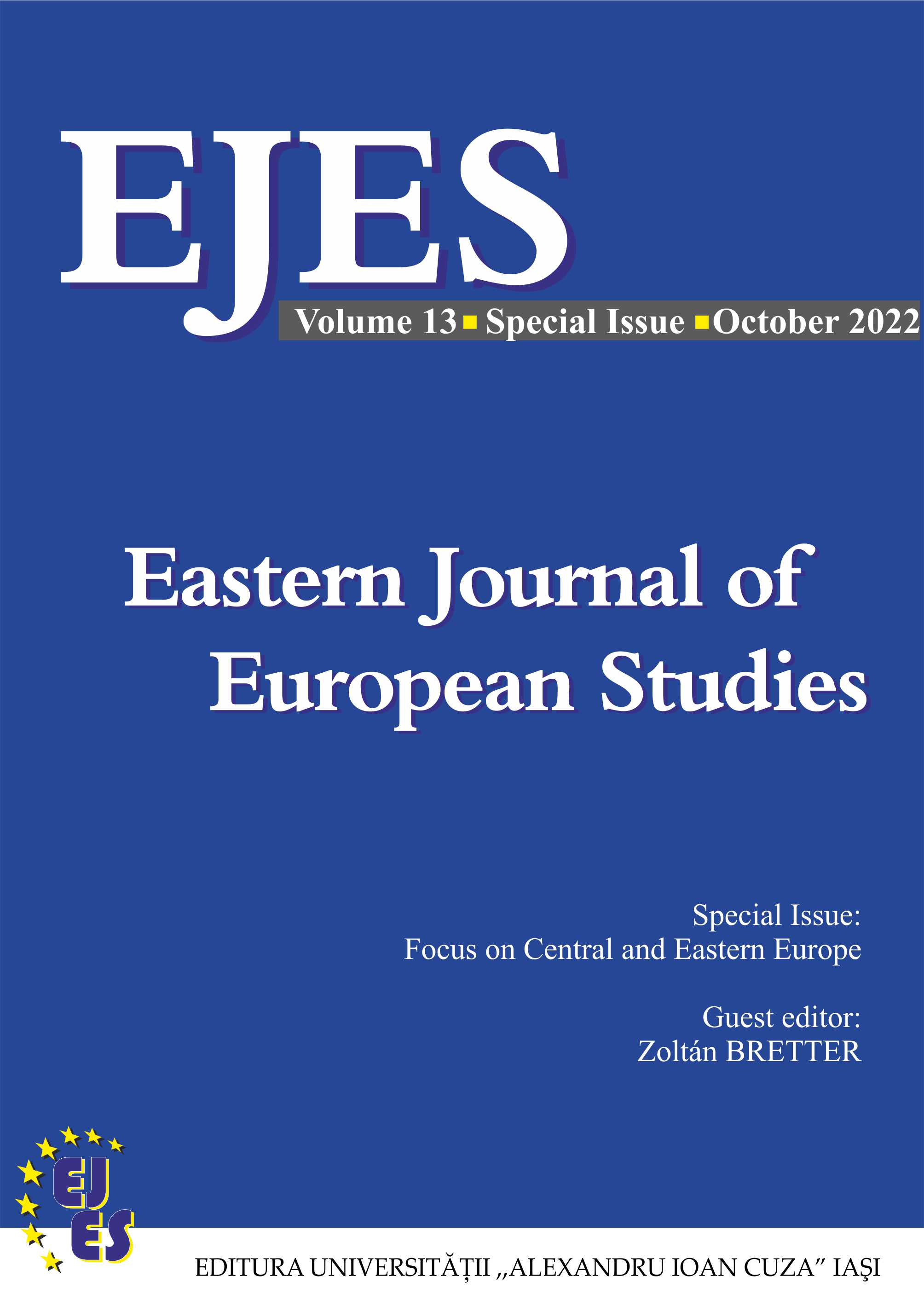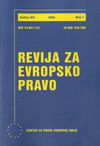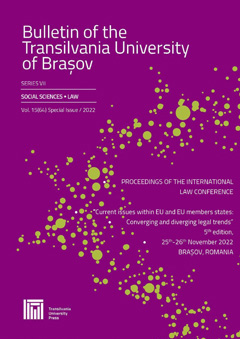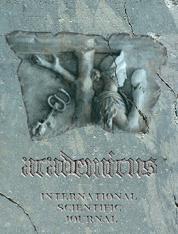
“Product Placement”: The harmonization of the new Albanian media law with the European Audio-Visual Media Services Directive
“Product Placement”: The harmonization of the new Albanian media law with the European Audio-Visual Media Services Directive
Keywords: product placement; advertising; commercial communication; harmonization;
With the Audio-Visual Media Services (AVMS) Directive the explicit regulation of product placement is introduced into the framework of European media law. The product placement is today one of most debated issue for the media law experts in Europe. What is the “product placement”? In what kind of programmes the product placement is allowed? What are the conditions these programmes have to fulfill in order to contain the product placement? The AVMS Directive states even the programmes during which is not allowed the product placement. How are reflected into the new Albanian draft-law on audiovisual media services the AVMS Directive obligations? These are some of the questions that the following article tries to answers.
More...
